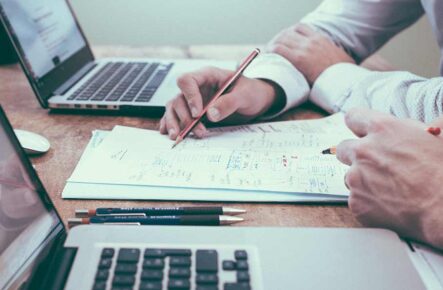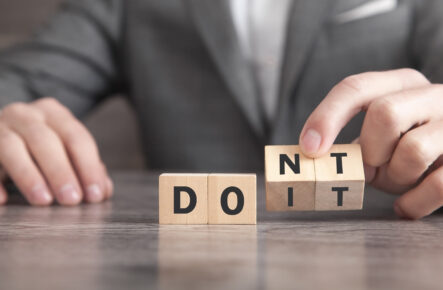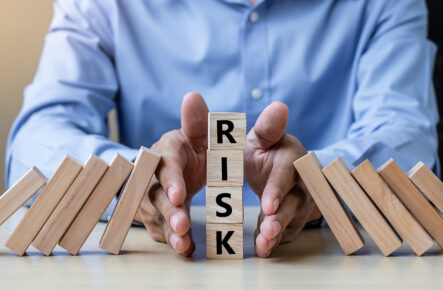1. Political and social stability of the host country
The host country’s political and social environment is the first qualitative criterion to consider.
You’re making a long-term commitment, so it’s important to consider the risks of a regime change or political shift.
Could a different party take power and adopt policies that would hurt your business? If you’re investing in 5G, could a future leader impose a multi-year moratorium? And how will Brexit affect businesses in the UK?
As you evaluate prospective sites, be sure to include these kinds of risks.
Labor relations is another key issue. What are the risks of labor unrest in your candidate region? How would widespread strikes affect your business?
2. Monetary stability
Monetary stability is another important factor in site selection.
High inflation creates uncertainty and weighs on economic activity, making it harder for businesses to plan investments and make decisions. Inflation also raises interest rates, which makes investments harder to finance.
Note that deflation is bad for business too. As prices fall, companies lose income and are forced to fire workers, slowing demand.
3. International image of the “Made in X” brand
If your site will export to international markets, your host country’s global brand is an important consideration.
For example, the “made in France” label is often associated with expertise. Consumers view it as a sign of quality.
🔎 Discover 6 other attractiveness factors of the French market for your business.
In sectors from luxury goods and aeronautics to wines and spirits, French origin is recognized around the world.
4. Efficiency and reliability of the host country government
As you launch your new venture, you’ll need to work with the government of your host country. Endless red tape and widespread corruption can cost you time and/or money.
Though France is sometimes criticized for cumbersome government formalities and paperwork, this reputation is undeserved. In fact, the French government is going all out to make it easier for you to do business here. According to a World Bank study, it takes only 4 days to launch a company in France—a record low for the European Union.
5. Risk of natural disaster
The success of your new venture hinges on the long-term viability of your site, so it’s important to assess the risk of natural disasters in your candidate regions. What are the chances that they will be hit by floods, fires or earthquakes?
France has some of the best documentation anywhere for this type of risk, including information on local urban planning and risk prevention.


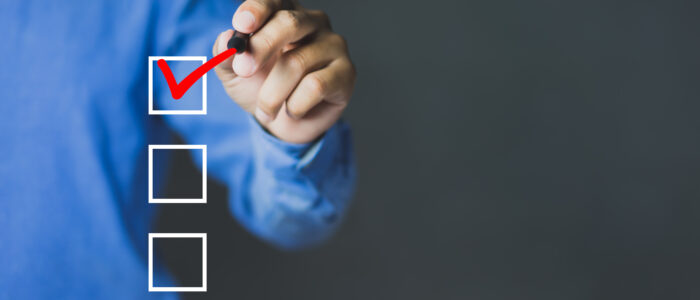
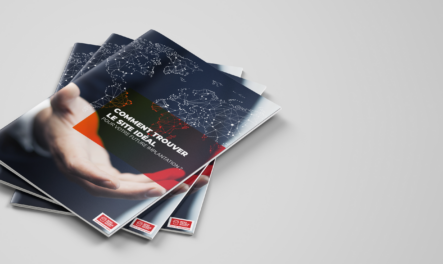
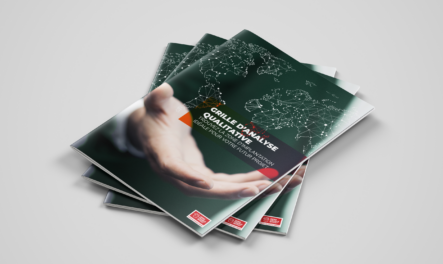
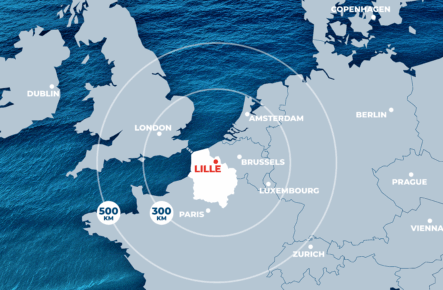
![[TEMPLATE] How business location specifications can make or break your new venture](https://www.nordfranceinvest.com/wp-content/uploads/2024/01/mockup-cdc-site-ideal-ouvert-bureau-fr-aspect-ratio-443-290.png)

